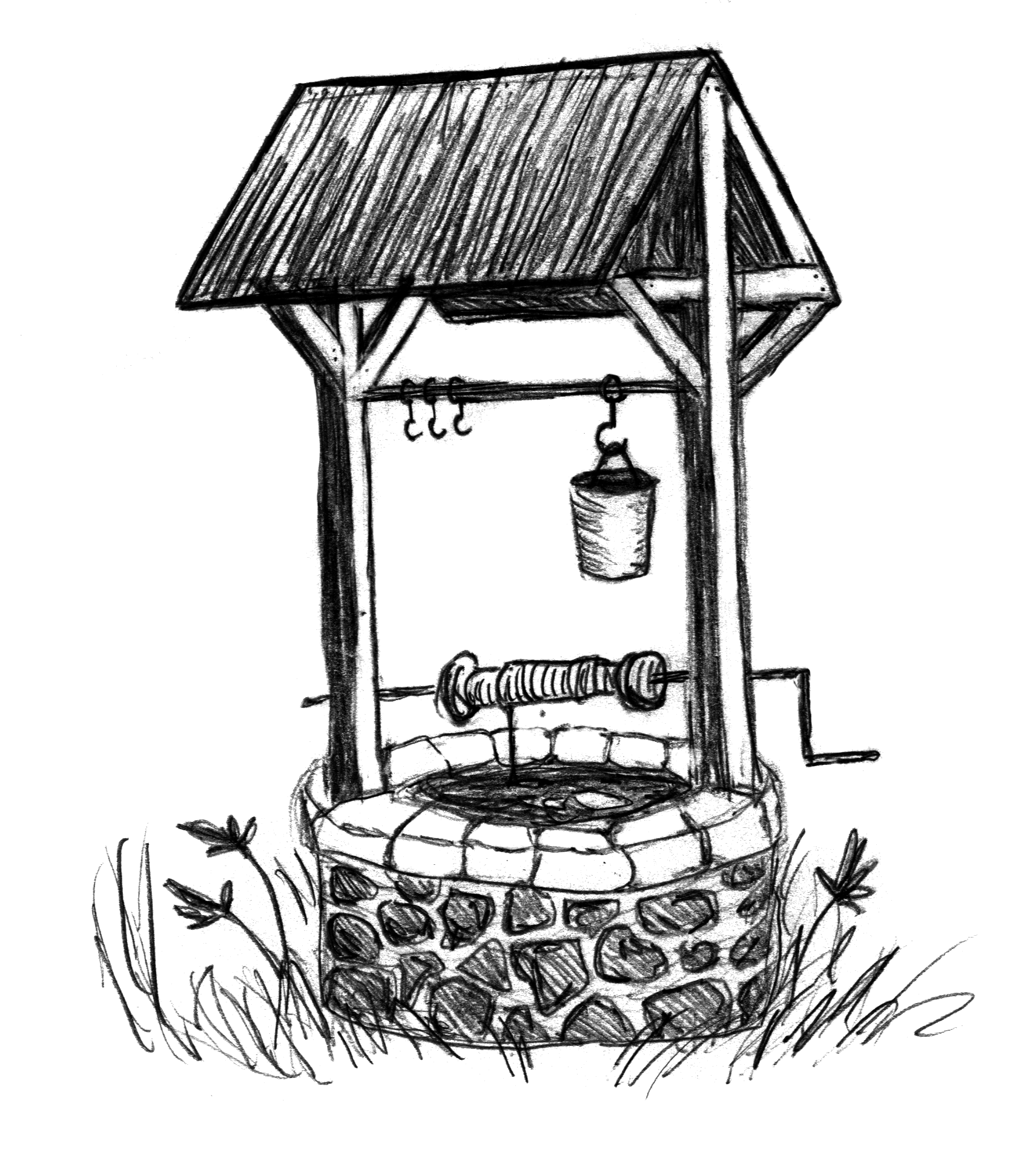
Annie Zhou
It was a scorching summer afternoon on the steppe of Mongolia, and I was thinking about the horses. They’d run through our camp the previous night — a group of 15 or 20, trotting along with a sort of directionless intent, a trickle in the massive sea of livestock that inhabited the Mongolian plains. As simple obstacles in their path, they had afforded us little more than a glance. But at this point, I recognized them — a small chestnut foal, tagging close beside its mother, had marked the herd as the same one that had woken me up early a few mornings before as they grazed outside my tent. This afternoon, they were heading in the opposite direction. I wondered if they took this route every day, going back and forth from one site to the next, constantly in a search for greener pastures.
I, too, had come to Mongolia in search of something. I had come to the eastern steppe as part of an expedition looking to map all the archaeological sites in the region of a mountain called Delgerkhaan Uul. On good days, my phone’s pedometer recorded upwards of 10 miles. At that very moment, however, I wasn’t thinking about the distance I had walked that day, or the distance I still had yet to walk. Rather, I found myself concerned with how those horses stayed hydrated when there was not a drop of water in sight. The steppe is a harsh place in the summer, and I was beginning to feel it.
I was roused from my stupor by a tap on my shoulder. Gamba, a charming middle-aged Mongolian man who was our team’s driver, beckoned me toward his Soviet-era vehicle that he managed to keep in excellent condition. He and I communicated mostly through hand signals and context clues — while I had basic greetings down in Mongolian, and Gamba had some words in English, it really wasn’t enough to get by in a conversation. Frequently, this led to bouts of miscommunication, but I knew exactly what this sign meant — it was time to refill our water supply.
In the Mongolian countryside, locals engage in little to no farming. Nomadic Mongolians prefer to keep large quantities of animals — sheep, goats, cows, horses and occasionally camels were given relatively free reign across the steppe, apart from the occasional herder on a motorbike attempting to bring them home. This lack of permanent settlement and agriculture results in minimal and scattered water infrastructure. That, combined with the rocky dirt roads, meant that whenever we went to get water for camp, we needed to drive for a half an hour before reaching the nearest well.
After loading the empty water drums into the car, we headed off toward the well, listening to Gamba’s preferred mix of European and Russian techno club music. I stared out the window at the stark beauty of the land around me as Gamba used his horn to scatter the goats grazing on the road. The landscape was rocky and sandy, with dispersed groups of dense shrub growth not yet completely eaten by wildlife. But the most exceptional sight was that of the sky. Stretching for miles in every direction, the vibrant blue seemed almost fake to me, like the backdrop of a Romantic landscape painting designed to inspire an intense appreciation for nature. One can easily see why the blue on the Mongolian flag represents the eternal blue sky.
At the well, we were met by two other people who had come to water their animals. While they chatted with Gamba, I used a beat-up metal bucket and rope to bring water up from the depths and pour it into our canisters. When I had asked Gamba, through a translator, how old the well was, he had just shrugged. For all anyone knew, it had been used since the time of the Mongol Empire.
Sweat and ice cold water mixed together on my dirty cotton T-shirt as Gamba and I hoisted the barrels into the car. As he started the behemoth, he switched out the USB drive in his radio, and the soft sound of American country music began to crackle through the car speakers. As Gamba hummed along, I thought of the soccer we would play with the Mongolian students later and the vodka we would share before the evening was out.
We pulled up to camp, and I quickly refilled my water bottle. As I took a sip, eyes on the horizon, I could have sworn I saw the horses.
Jake Kalodner | jake.kalodner@yale.edu .







